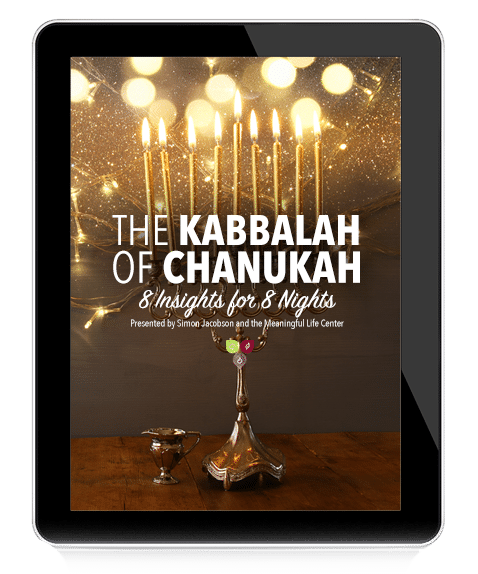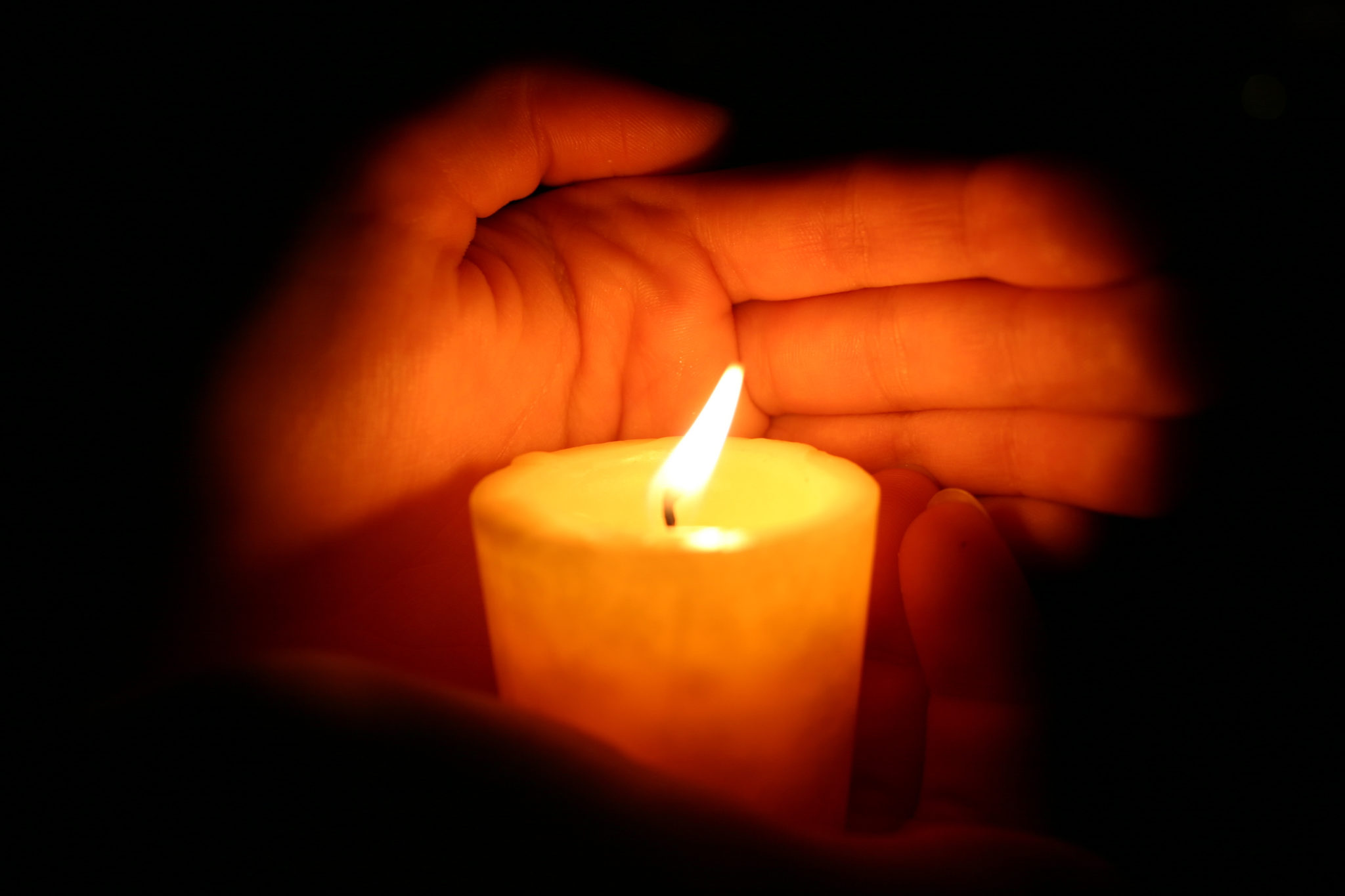Rabbi Asher Sossonkin, a soldier in the Lubavitcher Rebbe’s army of teachers and activists who kept Judaism alive in Communist Russia in the darkest years of repression, spent many years in Soviet labor camps for his “counter-revolutionary” activities. In one of these camps he made the acquaintance of a Jew by the name of Nachman Rozman. In his youth, Nachman had abandoned the traditional Jewish life in which he was raised to join the communist party; he served in the Red Army, where he rose to a high rank; but then he was arrested for engaging in some illegal business and sentenced to a long term of hard labor in Siberia.
Rozman was drawn to the chassid who awakened in him memories of the home and life he had forsaken. With Reb Asher’s aid and encouragement, he began a return to Jewish observance under conditions where keeping kosher, avoiding work on Shabbat, or grabbing a few moments for prayer meant subjecting oneself to near-starvation, repeated penalties and a daily jeopardy of life and limb.
One winter, as Chanukah approached, Reb Asher revealed his plan to his friend. “I’ll get hold of a small, empty food can—the smaller the better, so it’ll be easy to hide and escape notice. We’ll save half of our daily ration of margarine over the next two weeks, for oil. We can make wicks from the loose threads at the edges of our coats. When everyone’s asleep, we’ll light our ‘menorah’ under my bunk….”
“Certainly not!” cried Nachman Rozman. “It’s Chanukah, Reb Asher, the festival of miracles. We’ll do the mitzvah the way it should be done. Not in some rusty can fished out from the garbage, but with a proper menorah, real oil, at the proper time and place. I have a few rubles hidden away that I can pay Igor at the metal-working shed; I also have a few ‘debts’ I can call in at the kitchen….”
A few days before Chanukah, Nachman triumphantly showed Reb Asher the menorah he had procured—a somewhat crude vessel but unmistakably a “real” menorah, with eight oil-cups in a row and a raised cup for the shammash. On the first evening of Chanukah, he set the menorah on a stool in the doorway between the main room of their barracks and the small storage area at its rear, and filled the right-hand cup; together, the two Jews recited the blessings and kindled the first light, as millions of their fellows did that night in their homes around the world.
On that first night the lighting went off without a hitch, as it did on the second, third and fourth nights of the festival. As a rule, the prisoners in the camp did not inform on each other, and their barrack-mates had already grown accustomed to the religious practices of the two Jews.
On the fifth night of Chanukah, just as Reb Asher and Nachman had lit five flames in their menorah, a sudden hush spread through the barracks. The prisoners all froze in their places and turned their eyes to the doorway, in which stood an officer from the camp’s high command.
Though surprise inspections such as these were quite routine occurrences, they always struck terror in the hearts of the prisoners. The officer would advance through the barracks meting out severe penalties for offenses such as a hidden cigarette or a hoarded crust of bread. “Quick, throw it out into the snow,” whispered the prisoners, but the officer was already striding toward the back doorway, where the two Jews stood huddled over the still-burning flames of their candelabra.
For a very long minute the officer gazed at the menorah. Then he turned to Reb Asher. “P’yat? (Five?)” he asked.
“P’yat,” replied the chassid.
The officer turned and exited without a word.









My friend is this Chossids grandosn. He mentioned that his grandfather believed that that soldier may have been Eliyahu Hanavi. Why did they merit his appearance? Because of the once secular Jew who insisted so much on procuring a real menorah to honor the holy Channukah.